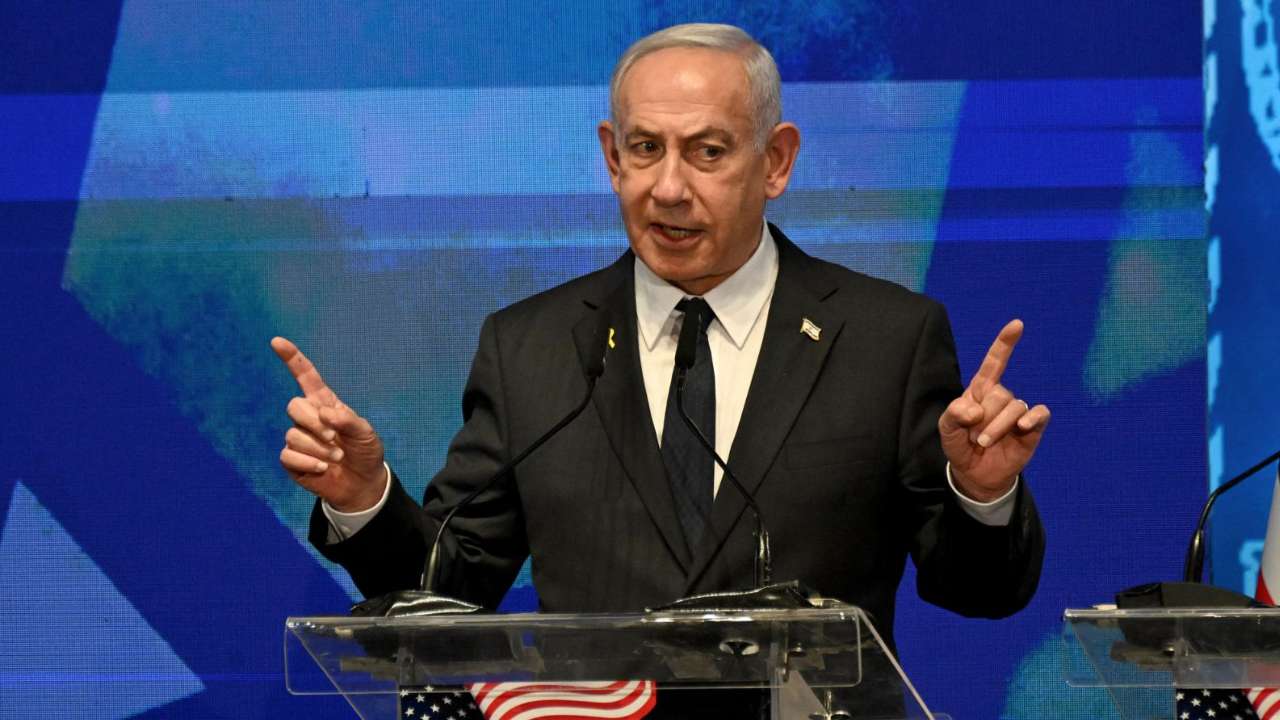Israeli Prime Minister Benjamin Netanyahu has firmly rejected recent actions by the United Kingdom, Canada, and Australia, which have formally recognised the State of Palestine. Netanyahu condemned the move as a “prize” for Hamas and declared flatly that a Palestinian state “will not happen,” particularly not west of the Jordan River. He also hinted at an upcoming response after his scheduled US visit.
What the Recognition Entails
The three nations joined over 150 countries in formally recognising Palestine. Their announcements came amid intense international concern over the humanitarian crisis in Gaza and Israel’s expanding settlements in the West Bank. UK Prime Minister Keir Starmer said the recognition is meant to revive hope for peace between Israelis and Palestinians and reposition the two-state solution back on the diplomatic agenda. Starmer stressed that the move is not a reward for Hamas.
Australia’s Anthony Albanese and Canada’s Mark Carney made similar pledges—while supporting this recognition, they emphasised that the Palestinian Authority would need to commit to peace, governance reforms, and ensuring Hamas has no role.
Netanyahu’s Response: Rejection and Warnings
Netanyahu didn’t mince words. He called the recognition “absurd,” asserting that legitimizing Palestine in this manner rewards terrorism—especially given the October 7, 2023 attacks by Hamas. He made clear that for Israel, the establishment of a sovereign Palestinian state west of the Jordan River is non-negotiable.
He also warned of diplomatic consequences and plans to outline Israel’s countermeasures following a visit to the United States next week.
Reactions and Underlying Tensions
Palestinian leaders have welcomed the recognition, viewing it as a moral and diplomatic win. Mahmoud Abbas called it a step toward justice under international law, especially in light of long-standing grievances.
Critics of the UK-Canada-Australia decision argue it risks being symbolic without real changes on the ground—such as border control shifts, governance, and the status of hostages. Some question whether recognition without diplomatic enforcement or negotiation would move the needle.
Inside Israel, voices from across the political spectrum express concern. Some warn that such recognition undermines Israel’s negotiating leverage; others worry it may embolden hardline factions and reduce pressure on Hamas to make concessions.
What This Means Going Forward
This move marks a significant juncture in Middle East diplomacy. By formally recognising Palestine, these Western powers aim to restore momentum to the two-state solution and adjust the framing of international engagement. But Israel’s obstinate rejection shows that recognition alone may not be enough to shift policies or resolve deep divides.
Netanyahu’s upcoming US visit is now being closely watched—it could shape Israel’s diplomatic strategy and its responses to mounting international pressure. Meanwhile, the broader question is whether other nations will follow suit and whether this diplomatic recognition will translate into tangible political, humanitarian, or security outcomes.












